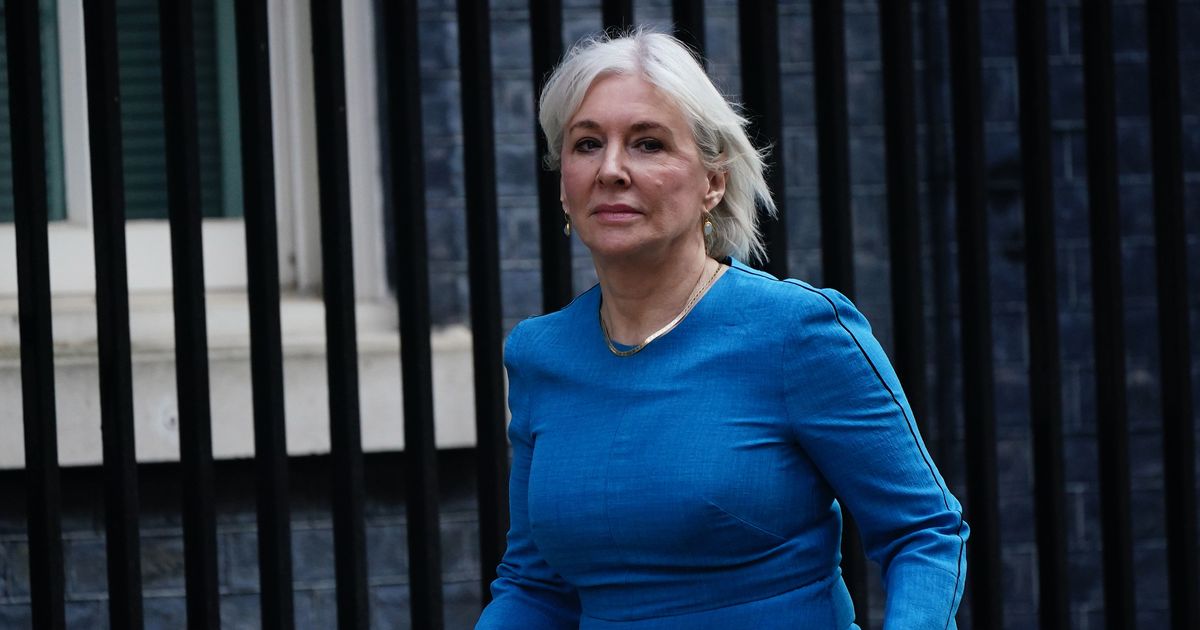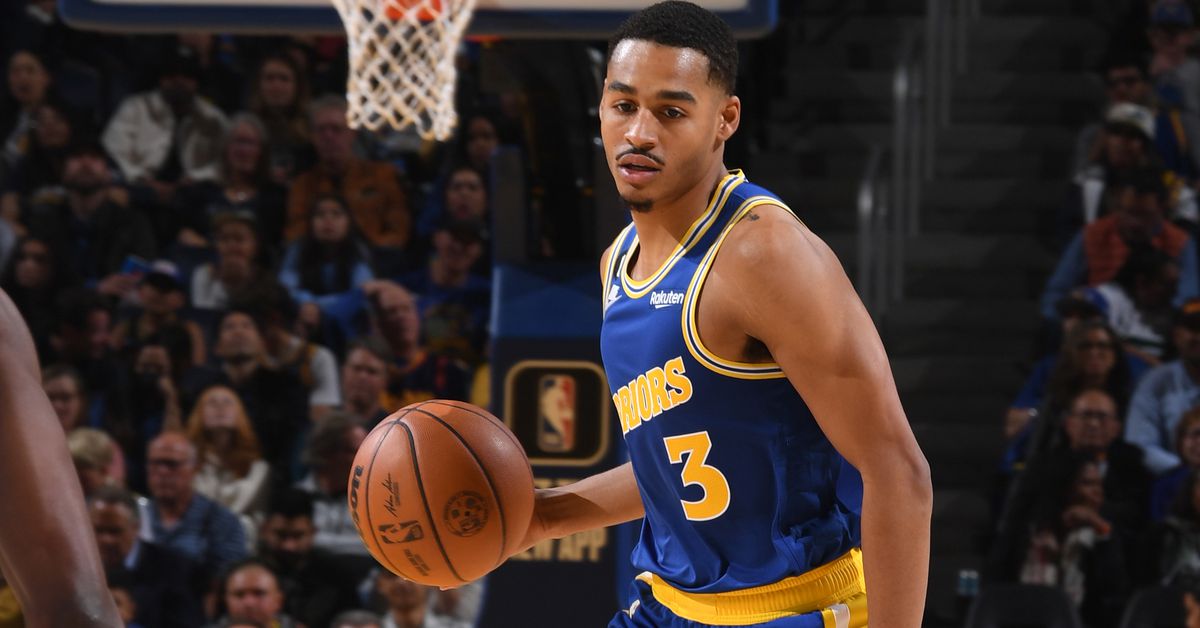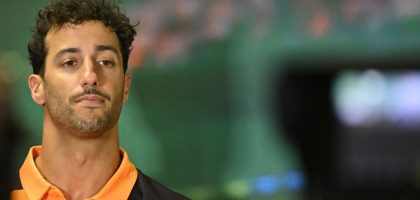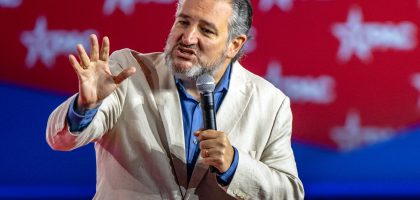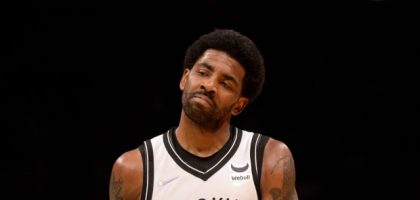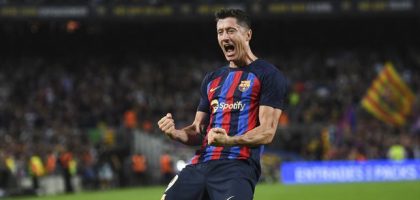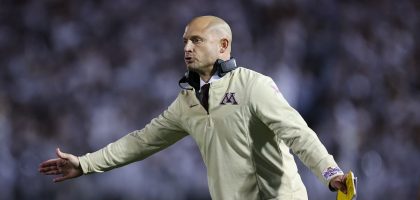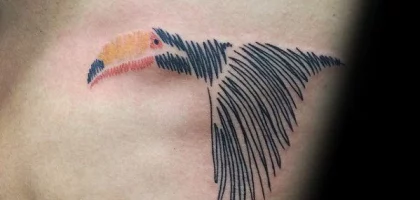The 11-time NBA champion Bill Russell, who spent a large portion of his formative years in the Bay Area and won two NCAA Tournament Championships at the University of San Francisco (USF), passed away peacefully on Sunday at the age of 88.
Russell is remembered for his contributions to the civil rights movement and for being one of the best basketball players of all time.
He didn’t quite follow the conventional route to sports fame. Colleges paid little attention to Russell since he is an Oakland-based hooper who relocated to the city with his family when he was eight years old. Stars like LeBron James may be classified as transcendent generational abilities from an early age, but Russell received minimal attention. He spent his junior year on the JV team at McClymonds High School and only participated in varsity basketball his senior year.
That all changed at USF, the only school to grant him a scholarship, where he competed as a high jumper and, after a great year on the freshmen squad, was named the starting center under head coach Phil Woolpert. In his sophomore season, he was the team’s top scorer and helped them to a 14-7 record. He then guided the Dons to back-to-back national titles in 1955 and 1956, averaging more than 20 points and 20 rebounds per game each time.
According to current university president Rev. Paul J. Fitzgerald, Bill Russell played a key role in establishing USF in the 1950s. In addition to his numerous contributions to our neighborhood, the athletic program, and Jesuit education, we are appreciative for his bravery and dedication to achieving justice both on and off the basketball court.
He was chosen by the St. Louis Hawks with the second overall choice in the 1956 NBA Draft because of his accomplishments. He was promptly traded to the Boston Celtics, where he swiftly established himself as one of the all-time greats in the game of basketball.
Russell chose to keep his amateur status so that he could compete in the Melbourne Olympics, but his NBA career didn’t technically start until halfway through the 1956–1957 campaign. He assisted in guiding the American men’s basketball team to a gold medal there.
He grabbed 31 rebounds in his debut postseason contest with the Celtics, an Eastern Division Final victory over the Syracuse Royals. And in the winner-take-all Game 7 of the NBA Finals versus St. Louis, he pulled down 32 rebounds to help the Celtics prevail by only two points in double overtime to earn their first championship in team history.
Russell immediately became associated with success in Boston despite encountering racial slurs from supporters. Boston went on to win the following eight championships despite the Hawks defeating the Celtics in the 1957 Finals. The Celtics defeated St. Louis once more in 1960, winning the series in seven games. Unlike the 1957 matchup, the decisive game was won 122-103, but Russell pulled down 35 rebounds.
Russell’s career was marked by outstanding performances in championship games; in Game 5 of the 1961 Finals, he recorded 31 points and 38 rebounds to help the Celtics defeat the Hawks and win another championship. In the 1962 NBA Finals, the Boston Celtics faced the Los Angeles Lakers for the first time. In a Game 7 overtime triumph, Russell matched his own single-game NBA Finals record of 40 rebounds. With 25 points and a game-high 32 rebounds, he willed the Celtics to a 95-93 victory in the seven-game 1966 series against the Lakers.
In 1967, the first of Russell’s three seasons as a player-coach, the Philadelphia 76ers and longstanding rival Wilt Chamberlain broke up Boston’s domination. The only other player-coach to do so was Buddy Jeannette of the 1947–1948 Baltimore Bullets; Russell did it twice, in his final two seasons. Russell had a difficult last season due to the Vietnam War and other off-court difficulties, but he finished strong by teaming up with John Havlicek to lead the Celtics to a seven-game NBA Finals triumph over the Lakers. In his final game as a professional, a road triumph over 108-106 that made Boston the first club to win the NBA Finals despite dropping the first two games, Russell recorded 26 rebounds.
After the 1969 Finals, Russell unexpectedly ended his playing and coaching careers. While he did work as the Seattle SuperSonics’ coach for four years in the 1970s and dabble in broadcasting, his political activism came after his playing days. From his family’s decision to move from Monroe, Louisiana to Oakland when he was a child to the harsh reception he experienced from journalists and fans, racism was a recurring subject in Russell’s life.
FBI surveillance made him a target because of his activism, and in a dossier, investigators called him an egotistical Negro who won’t sign autographs for white kids.
Russell boycotted an exhibition game in 1961 , a prominent member of the Black Power movement, was arrested in Lexington, Kentucky after two of his comrades were turned away from a coffee shop. In 1967, Russell participated in the Cleveland Summit as a prominent voice in support of Muhammad Ali’s decision not to enlist in the Vietnam War.
Russell chose not to attend his own jersey retirement in 1972 or his induction into the Hall of Fame in 1975 due to Bitter feelings over his treatment in Boston . However, 27 years after the original event, he was present at a ceremony to re-retire his jersey. The NBA renamed the Finals MVP award to the Bill Russell Award in 2009, a deserving tribute to a player who, during his collegiate, Olympic, and professional careers, went 21-0 in winner-take-all games.
Russell was seen as a loner for the majority of his post-retirement years, but in his latter years, he periodically posted on social media about basketball and his trips. His most enduring post on social media, though, was an posted a photo showing him kneeling in support of NFL players who were protesting the then-President Donald Trump’s get that son of a bitch off the field remarks in September 2017.
William Sr., Jacob, and Karen, Russell’s three children, are left to care for him. They were conceived when he was still married to Rose, his first wife. He had three additional marriages. The final of those four marriages was to Jeannine, a talented golfer who was 33 years younger than he was. When he passed away, Jeannine was by his side.
You can get in touch with Ethan Kassel at.



